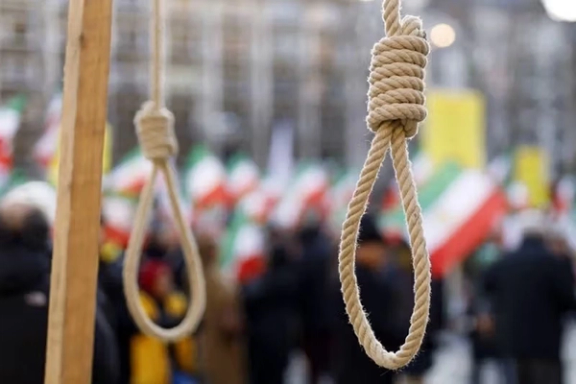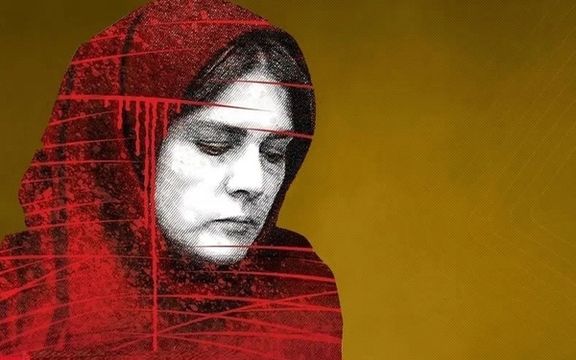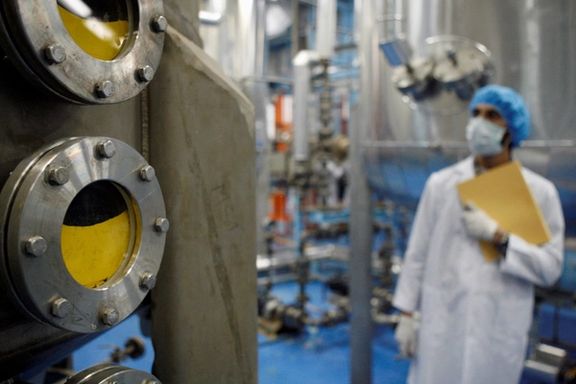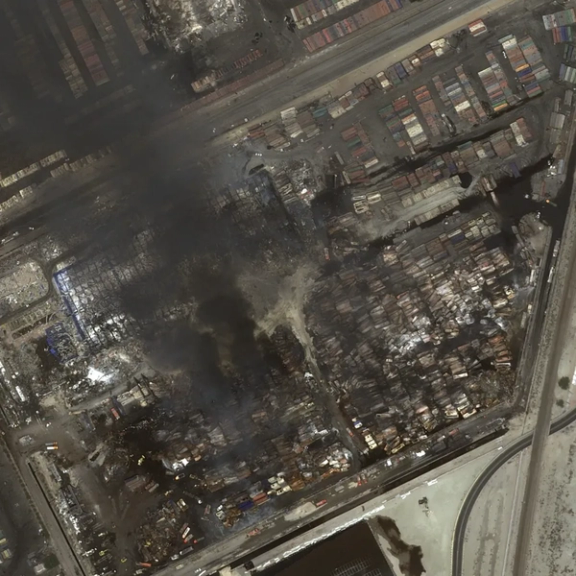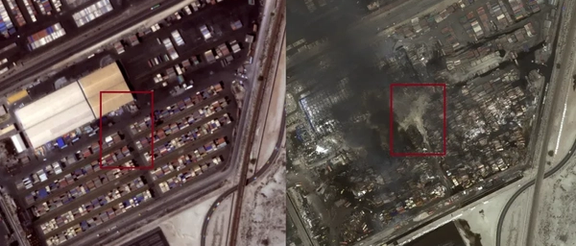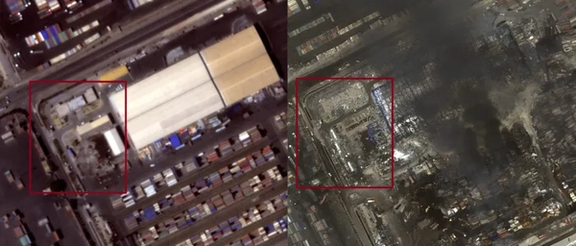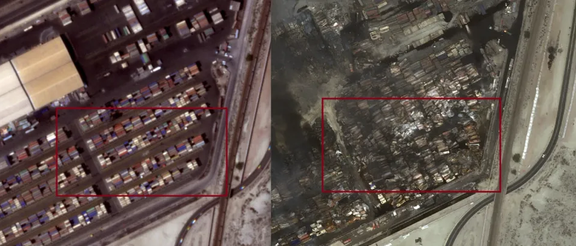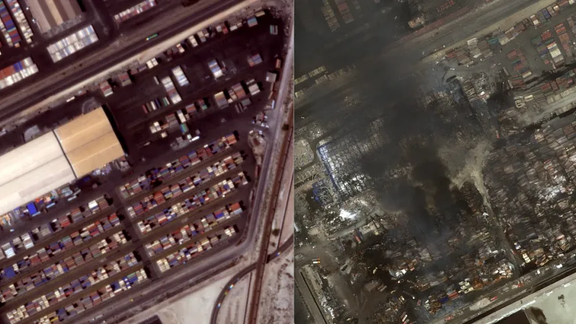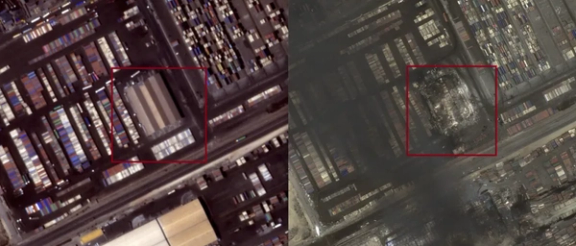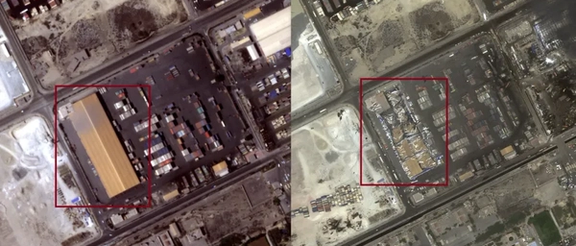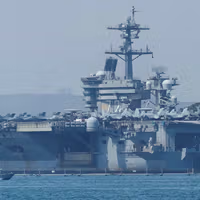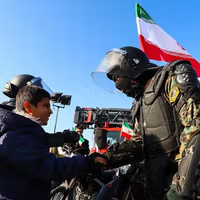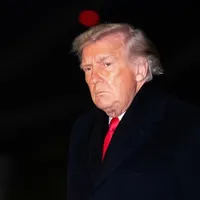The bill—originally proposed by former President Hassan Rouhani’s administration—was intended to strengthen protections for women by increasing penalties for physical abuse and providing support services for victims.
But modifications by hardline lawmakers have significantly altered the bill’s core principles, leading the government to abandon the effort.
Hardline lawmakers replaced the term “violence” with “ill-behavior” throughout the draft bill and its title from “Safeguarding Women’s Dignity and Protecting them Against Violence” to “Safeguarding Women’s Dignity and Supporting Women and Families”.
Unlike the original bill, the revised version does not propose increased penalties for a broad range of injuries inflicted on women—such as cuts, bruises, or other forms of bodily harm but only limits harsher punishments to cases involving dismemberment.
“We requested the draft bill to be withdrawn when we realized that (parliamentary committees) had changed the character and substance of the draft bill," Zahra Behrouz-Azar, President Masoud Pezeshkian’s Women’s Affairs Deputy.
"It no longer addresses prevention (of violence),” she told reporters on the sidelines of a cabinet meeting on Thursday.
Despite the government's decision, the hardline-dominated Parliament is likely to move ahead with its own version of the law, the chair of the Parliament’s Social Committee Zohrehsadat Lajevardi has indicated.
The draft bill now mandates the Ministry of Higher Education to create separate classrooms, study spaces, and even universities exclusively for women when the original draft called for interdisciplinary research programs and academic courses on violence prevention as well as to establish counseling centers for victims.
“One cannot expect support for women from a parliament that has approved an oppressive hijab law," Iranian journalist Mina Emamverdi argued in a post on X. "The functional incongruity is a sign of the lack of a structural understanding of gender-based violence.”
Legal gaps leave women vulnerable
Iran’s Sharia-based legal system has long been criticized for its discriminatory provisions against women, particularly in criminal and family law.
A glaring example is a law that exempts fathers – who legally own the right to the “blood” of their offspring – from the death penalty if they kill them. Another law allows a father to pardon his children’s killers, for the same reason, if he so chooses.
Such provisions have led to lenient sentences in many so-called honor killing cases.
In a particularly tragic case in February 2022, Mona Heydari, a 17-year-old mother of three, was beheaded by her husband in Ahvaz in southwestern Iran. The victim’s father had helped the husband, his nephew, to bring his daughter back from Turkey where she had fled after being refused a divorce.
Pardoned by the victim’s father, the husband who had proudly paraded her severed head on the street was sentenced to slightly over eight years in prison.
“The lack of deterrent laws, legal loopholes, and the father's escape from punishment make domestic violence a modest crime,” Iranian journalist Samira Rahi commented about the recent killing of an 18-year-old girl, Fatemeh Soltani, by her father in a post on X.
The young woman had allegedly revealed her father’s infidelity to her mother, also a victim of domestic violence.
Under current laws, the father could face a maximum of ten years in prison.
Long journey of the proposed bill
The fourteen-year delay in presentation of the bill, first proposed by former President Mahmoud Ahmadinejad’s administration and finally submitted to the Parliament by Rouhani’s government in 2021, reflects the broader tensions between maintaining cultural and religious norms and protecting women’s rights.
Iran’s Supreme Leader, Ali Khamenei, weighed in on the issue in 2017. While condemning violence against women, he warned that government and parliament officials should be careful not to follow Western values in such matters.
“(Saying) it is violence if a father interferes in a daughter’s marriage (by not allowing it), for example … What is violence and what is not violence should not be learned from the West; it should be understood from our own rational logic, from our own Islamic belief.”
As noted by former UN Human Rights Rapporteur Javaid Rahman, the bill had significant shortcomings despite some positive measures.
These, Rahman said, included a lack of comprehensive definitions of various forms of abuse such as psychological and economic violence and exclusion of marital rape and child marriage.
Rahman also warned over a provision requiring a period of mandatory mediation in domestic violence cases which could place victims in even greater danger before action was taken against alleged perpetrators.
